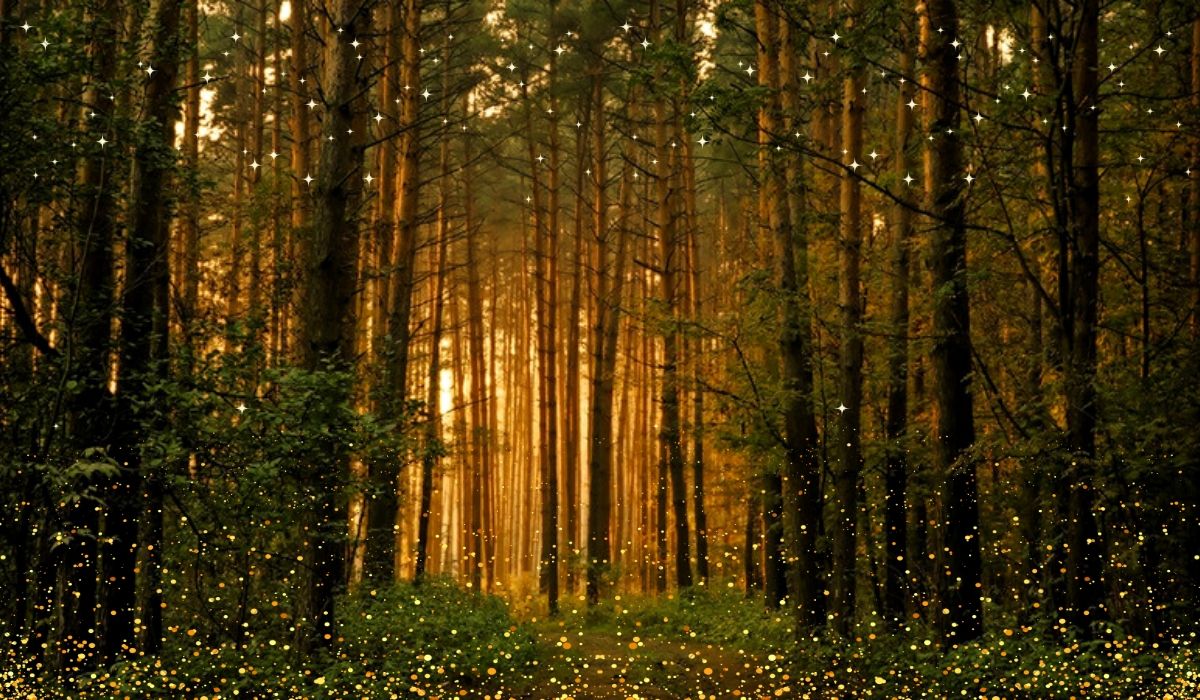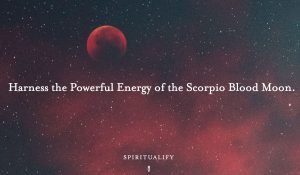There are powerful benefits to spending time in the forests. Various studies have shown that just walking in a beautiful forest in full consciousness or exercising in the woods reduces stress and improves the feeling of well-being.
However, forests play a much more important role than simply acting as a buffer for modern stress; they also enhance our spirituality, providing the backdrop upon which we project the “basic models” of our psyche.
Table of Contents
We have to start by defining the word “spiritual”.
In an illuminating article on the subject, social scientist and researcher Herbert W. Schroeder notes that “spiritual” refers to the experience of being linked to, or in contact with, an “other” that transcends the individual meaning of oneself and gives meaning to one’s life on a level deeper than intellectual level.
This “other” does not have to be linked to religion or to a God; it may be external or internal and may be impossible to define, but it gives meaning to life and to all of our experiences.
The psyche conscious awareness and the unconscious mind, which includes feelings, thoughts, and memories of which we are not aware. Psychologists state that we have an inner need to project our inner instinctive patterns (or spirituality) onto forests and wilderness.
In our goal of achieving fullness, we find the embodiment of this quality in the beauty, symmetry, and wildness of nature. The time spent in tropical forests and green spaces then becomes a crucial means of living spirituality.
When we project our inner consciousness onto a rainforest, the experience takes on deep meaning and we may experience a feeling of reverence and holiness that is hard to find in an urban setting.
Forests are essential for us to feel a sense of connection.
 In everyday life, we do not allow our deepest consciousness to emerge, as we struggle against stressful and competing demands of work and family life. Forests allow us to experience a deeply satisfying state of mindfulness, a state in which the mere existence of where and when we are in the aim.
In everyday life, we do not allow our deepest consciousness to emerge, as we struggle against stressful and competing demands of work and family life. Forests allow us to experience a deeply satisfying state of mindfulness, a state in which the mere existence of where and when we are in the aim.
Where for a few precious moments each day we can put aside our regrets for the past and our worries for the future (money, relationships, fears), while we focus on the link between ourselves and nature and its beauty.
Recommended: Why You Should Only Believe in Your Own Version of God
Forests improve our well-being in many other ways.
Author Richard Louv argues in his book “Last Child in the Woods” that many current mental and physiological problems, including obesity, ADHD, anxiety, and depression, are caused by the separation of the modern man from nature.
Modern research supports his claims, with studies showing, for example, that children with ADHD who participate in “horticultural therapy” (growing plants) have reduced symptoms of ADHD, and those with depression and Anxiety also displays markedly reduced levels of the stress hormone, cortisol, after exercising or just spending time outside.
Louv adds that the simple fact of practicing activities in the wilderness or participating in its growth (by planting local trees and plants to restore the ecosystems of origin) is a crucial step to solve the problem of global warming.
Enjoying and feeling like a part of nature is crucial if we really want to enjoy it, and thus start to adopt sustainable practices in our daily lives and start to put pressure on our governments for change.
There is a beautiful myth centered on Erisichthon.
Erisichthon is a woodcutter who earned Demeter’s wrath by cutting trees in a sacred grove. Erisichthon was severely punished when he cut down a sacred oak, killing a wood nymph whose home was the sacred oak.
Demeter condemned Erisichthon to a life of misery, cursing him with an insatiable feeling of hunger. Not only did the villain sell his own daughter to buy food, but he also committed suicide while trying to devour himself entirely. Schroeder notes that the myth symbolizes the human tendency to deny our own spirituality.
I would add that this also shows the disastrous consequences of ignoring our vital relationship with nature. There is a reason why studies have shown that just viewing the imagery of nature or exercising on a treadmill while observing natural scenes has powerful psychological and physiological benefits.
We are complex human beings and we have to meet all of our needs, be they physical, mental, or spiritual. The good news is that these needs can be met simply by heading to a forest and discovering the wild, beautiful, and eternal child in us.
Recommended: How to Discover Your Divine Path to Your Destiny from the Universe







